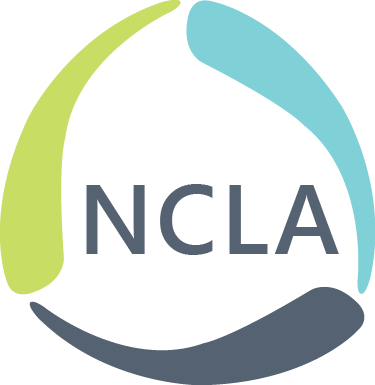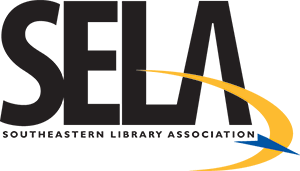North Carolina Library AssociationInform. Connect. Support. |
|
intellectual freedom committee
Mission: To uphold intellectual freedom in North Carolina libraries.
Intellectual Freedom Definition: Intellectual freedom is the right of every individual to both seek and receive information from all points of view without restriction. It provides for free access to all expressions of ideas through which any and all sides of a question, cause or movement may be explored. |
2025-26 Committee Chair: Anne Mavian - Charlotte Mecklenburg Library 2025-26 Committee members:
|
|
The NCLA Intellectual Freedom Committee serves as a clearinghouse for information relative to censorship. To support our membership in this regard, we are request that libraries across the state share with us their incidents of censorship. Having this data will identify trends, areas to focus on and potential collaborations.
|
.png) |
|
Printable PDF's of infographic flyers: 2024 NCLA IFC infographic IFC Upcoming Events
|
Staff Training on Intellectual Freedom available from:
![]() American Library Association Office of Intellectual Freedom
American Library Association Office of Intellectual Freedom
 State Library of North Carolina Niche Academy - Intellectual Freedom and Censorship Resources
State Library of North Carolina Niche Academy - Intellectual Freedom and Censorship Resources
Censorship Statement
The mission of the North Carolina Library Association (NCLA) is to promote libraries, library and information services, and librarianship; and to champion intellectual freedom and literacy programs. NCLA further acknowledges that one of our own goals is to identify and help resolve special concerns of minorities and women in the profession. With this, we recognize the pain and harm that challenges of this nature inflict on the LGBTQIA community – a minority community. We also recognize that the challenges raised recently speaks to the heart of intellectual freedom and why it is so important for libraries to have access to materials that cover all points of view.
We encourage all libraries to review and update selection processes to ensure collections are diverse, equitable, and inclusive. Public libraries have a responsibility to represent a broad range of materials in their collections and to meet the needs of everyone in the community, including those who may be marginalized or part of a minority. While individual library users have the right to voice their concerns about a library book and select different materials for themselves and their own families, those objecting to a book should not be given the power to restrict other users’ right to access those books. Library selection policies should reflect these concepts.
rev April 2023
RESOURCES
"What should I do?" Guide to handling customer concerns and challenges
| QUICK LINKS 
OFFICE FOR INTELLECTUAL FREEDOM
FIRST AMENDMENT RIGHTS
CENSORSHIP
SUPPORT FOR COLLECTION DEVELOPMENT Professional Tips Wiki page on Collection Development (ALA): http://wikis.ala.org/professionaltips/index.php/Collection_Development EQUITY, DIVISITY & INCLUSIONS RESOURCES PRIVACY
|
NCLA Committees
Archives Conference Constitution, Codes, and Handbook Revisions Development Diversity, Equity, and Inclusion (DEI) | Finance Intellectual Freedom Leadership Institute Marketing Membership North Carolina Libraries | Nominating Scholarships Web & Technologies |
Address: Suite 133, #364 High Point, NC 27262 |
North Carolina Library Association is a 501(c)(3) non-profit organization. | ©2019-2023 |

.png)
.png)




